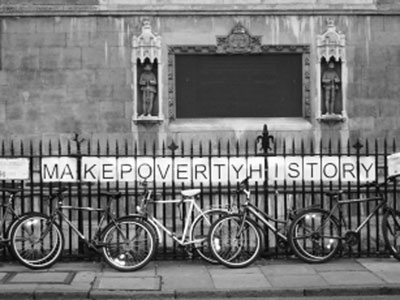All Nonfiction
- Bullying
- Books
- Academic
- Author Interviews
- Celebrity interviews
- College Articles
- College Essays
- Educator of the Year
- Heroes
- Interviews
- Memoir
- Personal Experience
- Sports
- Travel & Culture
All Opinions
- Bullying
- Current Events / Politics
- Discrimination
- Drugs / Alcohol / Smoking
- Entertainment / Celebrities
- Environment
- Love / Relationships
- Movies / Music / TV
- Pop Culture / Trends
- School / College
- Social Issues / Civics
- Spirituality / Religion
- Sports / Hobbies
All Hot Topics
- Bullying
- Community Service
- Environment
- Health
- Letters to the Editor
- Pride & Prejudice
- What Matters
- Back
Summer Guide
- Program Links
- Program Reviews
- Back
College Guide
- College Links
- College Reviews
- College Essays
- College Articles
- Back
Capital Punishment
I’ve always wondered what in life was so horrible to just go out and murder someone. What was going through their mind? What happened in previous years leading up to that crime? I've always wanted to learn more about the death penalty/capital punishment and what actually happens. In order to discuss this issue take into consideration what capital punishment is, the history behind it, death penalty vs. life in prison and statistics. Capital punishment is one of those topics that has been floating in many Americans’ minds for years. Many Americans that do wrong should have a consequence: either have a life without parole or a chance of getting out early.
Capital punishment has many different definitions but I thought this one fit the best: it is the execution of an offender sentenced to death after conviction by a court of law of a criminal offense, according to Encyclopedia Britannica. Capital punishment is imposition of a penalty of death by the state. Although death penalty and capital punishment seem like they are the same, they aren't; they both have different meanings. Death penalty refers to the penalty received, but capital punishment refers to the execution itself. The legal process of the death penalty in the United States is very complex. It typically involves four critical steps: (1) sentencing, (2) direct review, (3) state collateral review, and (4) federal habeas corpus. Recently they added a fifth step which the governor or president of the jurisdiction can unilaterally reduce a death sentence, according to Death Penalty Info Center.
Capital punishment has been around for many years. The first recorded death sentence in North America was carried out in 1608 on Captain George Kendall, who was executed by firing squad at Jamestown for allegedly spying for the Spanish government, according to Richard C. Dieter. As years passed, Minnesota committed the largest single execution in history; it was the hanging of Dakota 38. The Dakota were convicted of murder and rape during the Dakota war of 1862. They were executed on December 26 1862, in Mankato, Minnesota. Still to this day the Dakota are mourning for the 38 hung that day. I think that when a crime is bad enough and the government knows that that person committed the crime, he/she should be put to death or spend the rest of their life in prison.
Think: being convicted of a bad crime. Would you rather have the death penalty or a life without parole? There is a huge difference between the two. The death penalty would be a big process. The process has five different steps and then be on death row. But a life without parole would be hard because its being imprisoned your whole life and there would be no way out. The death penalty is also a lot more expensive than life in prison because the Constitution requires a long and complex process for capital cases. The process is needed in order to ensure that the innocent men and women are not executed for crimes they did not commit. If the money that is used for the death penalty was saved up, it could be used on education, roads and other services. All this information is provided by Death Penalty online. Many Americans have been imprisoned their whole life and some have been put to death.
There are many states who approve of the death penalty and a small minority that do not approve. These numbers are 33 to 17 , according to Death Penalty Info Center. Since 1976 there has been 1,320 executions and the most of them were in 1999 in Texas. There are 5 methods that can be used: lethal injection, the gas chamber, electrocution, hanging, and the firing squad. The most commonly used one is lethal injection.
Learning more about the death penalty was interesting because I learned many new facts I didn't know before. Many people may think that the death penalty is cruel and an unconstitutional. As harsh as this sounds, I believe that those victims who chose to kill others and do a crime that is wrong, should be sentenced and be put in a trial. “Many that live deserve death. And some that die deserve life. Can you give it to them? Then do not be too eager to deal out death in judgement.” ? J.R.R. Tolkien

Similar Articles
JOIN THE DISCUSSION
This article has 0 comments.
